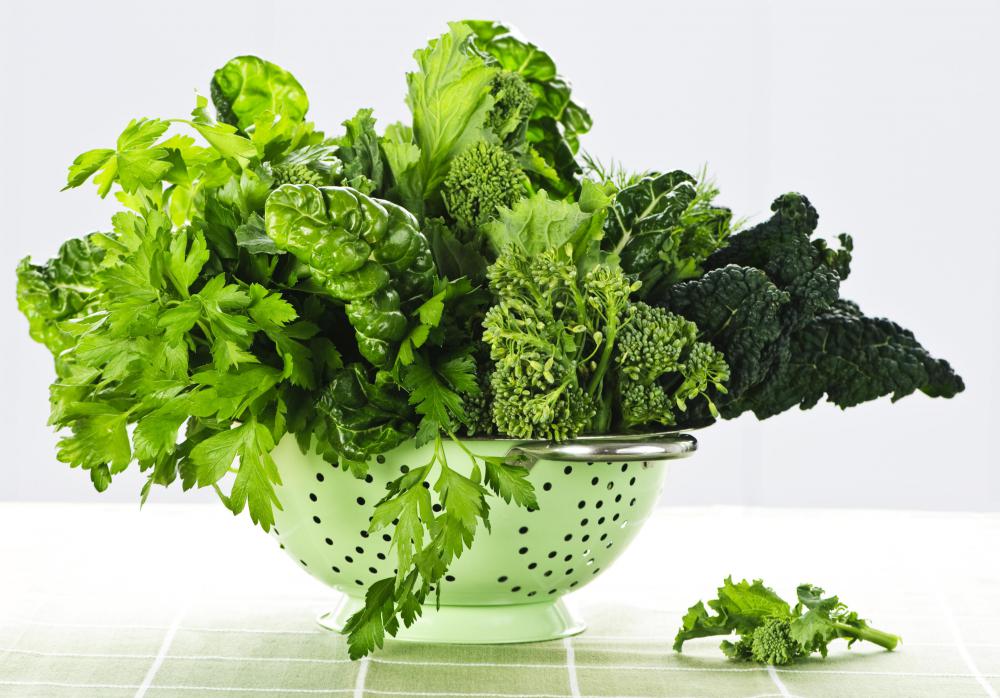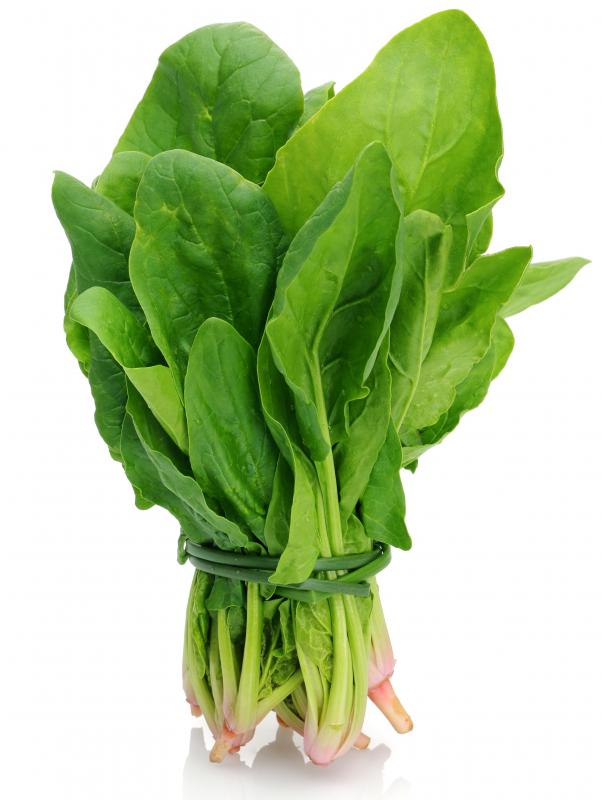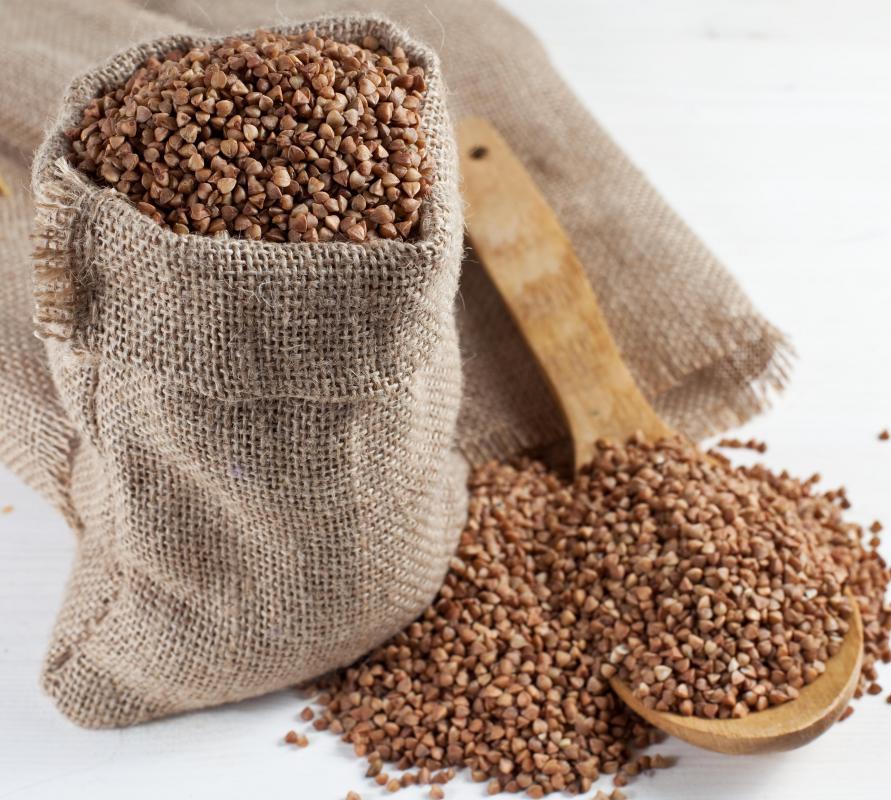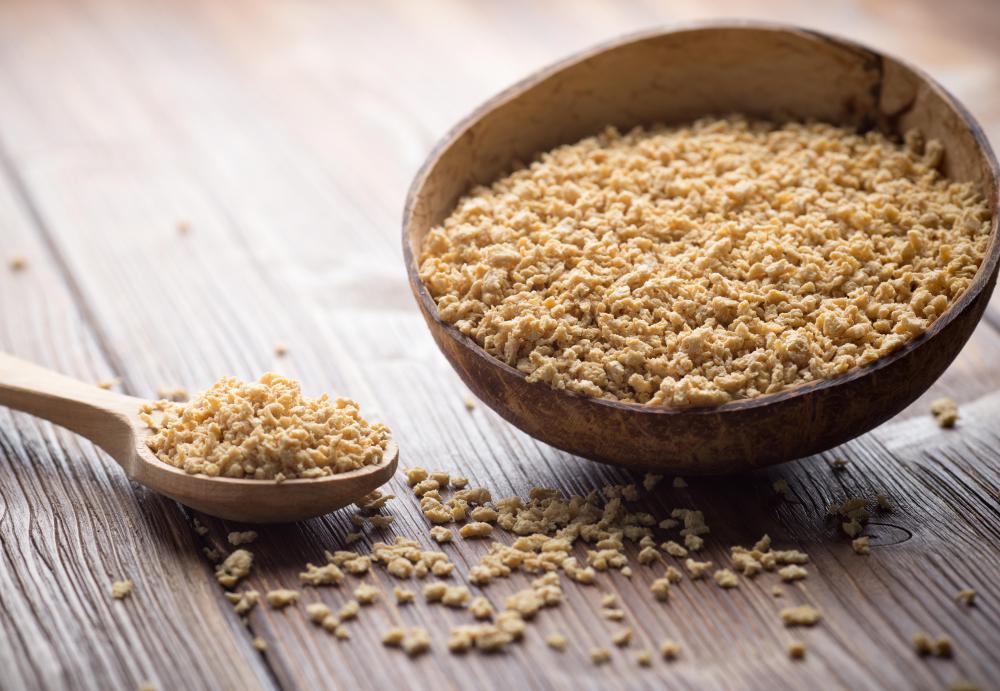At TheHealthBoard, we're committed to delivering accurate, trustworthy information. Our expert-authored content is rigorously fact-checked and sourced from credible authorities. Discover how we uphold the highest standards in providing you with reliable knowledge.
What is D-Pinitol?
D-pinitol is a natural, sugar-like molecule found in a variety of plant foods. It is considered part of a healthy diet. Foods high in d-pinitol are legumes, leafy vegetables, and citrus fruits, but the molecule does not appear to be naturally found in animal products, and it is not produced in the human body. It is a form of the vitamin B inositol and has roots in natural healing practices like Ayurveda.
Medical research into d-pinitol has indicated that it has an insulin-like function and may help regulate the body's metabolism and lower blood glucose levels. It also may make the cells of the body more sensitive to the effects of insulin, causing them to more readily take up glucose from the bloodstream when insulin is secreted. Studies of this molecule are ongoing, but several results have indicated that those with type II diabetes may benefit from regular doses of of the compound. It may help reduce the blood glucose level and stabilize blood sugar control in the body. Other studies suggest that regular treatments may help a person lose weight.

Aside from its use in Ayurveda, d-pinitol has also been used as a supplement by athletes. Proponents of the supplement claim it improves overall performance, stamina, and even muscle growth. This compound may also improve the body’s ability to absorb and use creatine, an acid that supplies more energy to the muscles and allows for longer and more beneficial workouts. The compound is also used as a weight-loss supplement and may be an ingredient in many weight-loss compounds.

Average doses of d-pinitol vary between 600 mg and 1 g daily. Overdoses have not been reported—higher doses will typically simply go to waste. Doctors are also unsure of whether or not d-pinitol deficiency is possible in humans. Mostly patients with diabetic symptoms or those seeking athletic enhancement will receive prescriptions for the supplements.

While d-pinitol supplements have become very popular, it is important for individuals to note that foods high in the compound are also available. Buckwheat, soy, and spinach contain high amounts of the compound naturally, so individuals who eat these foods regularly may not need supplements. Studies have not indicated adverse reactions or side effects when the compound is taken with any medications. Still, individuals on medication should speak with their doctors before taking these supplements.
AS FEATURED ON:
AS FEATURED ON:


















Discuss this Article
Post your comments